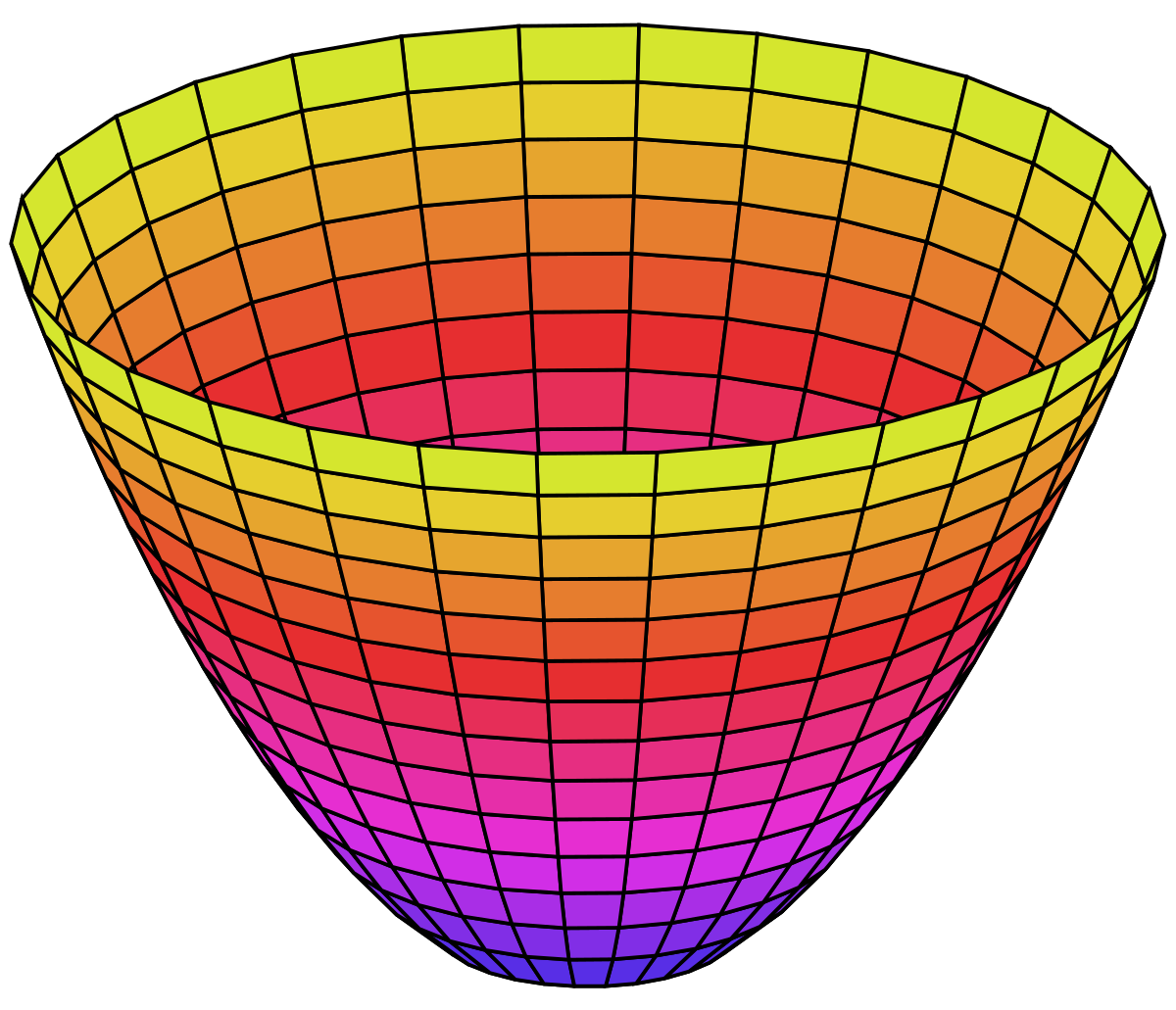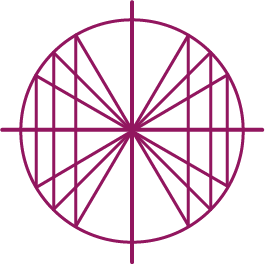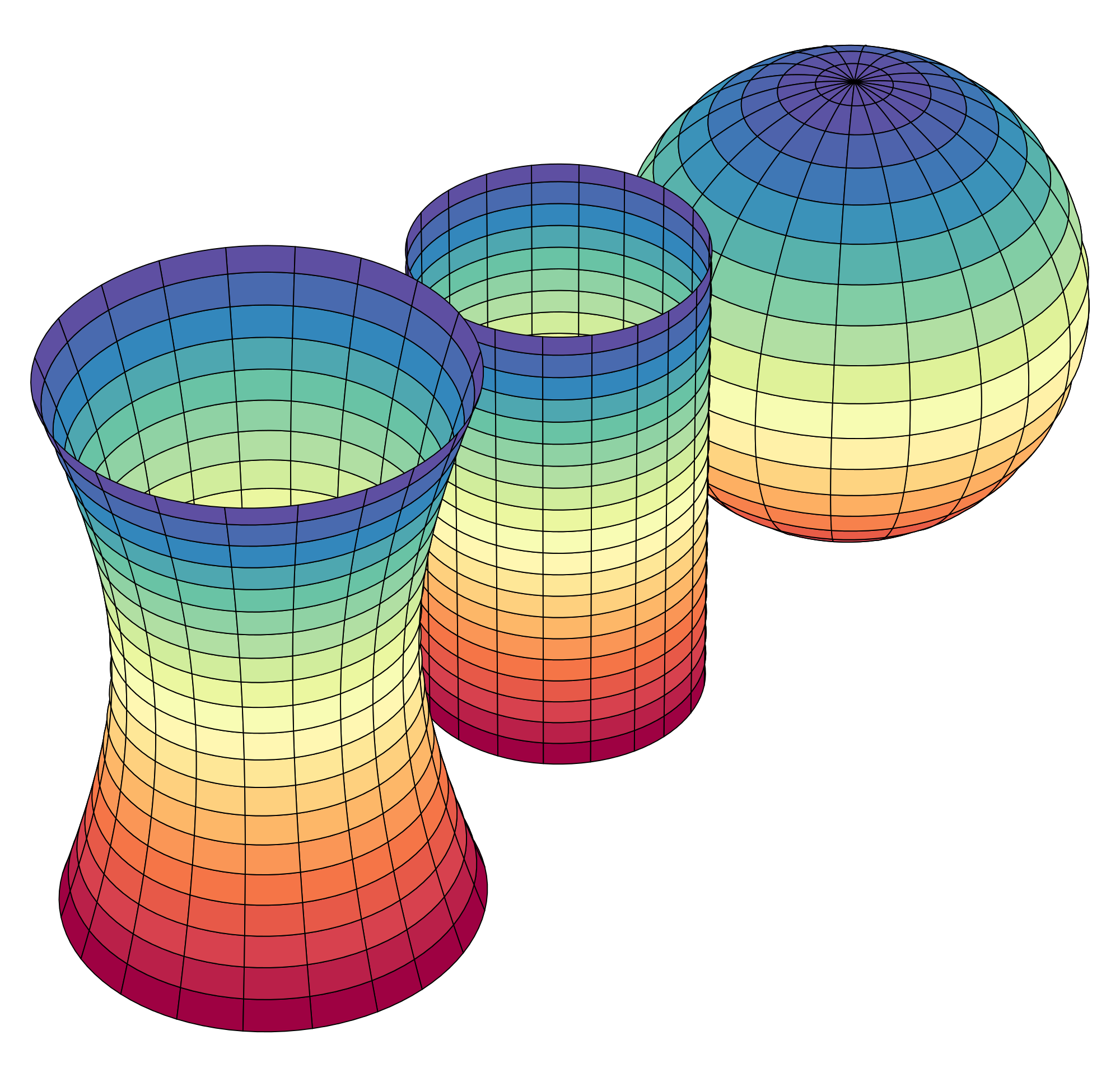Flexible Enrollment
One of the keys to success in the Distance Calculus program is Flexible Enrollment.
 In a traditional collegiate course enrollment, you would need to wait for the start
of an academic term for your course to begin. As these traditional courses are
synchronous in nature, this "everybody starts together" is required - you would
not like to start attending the lectures at the middle of the course, and the
professor would not like to have to repeat previous lectures - just for you.
In a traditional collegiate course enrollment, you would need to wait for the start
of an academic term for your course to begin. As these traditional courses are
synchronous in nature, this "everybody starts together" is required - you would
not like to start attending the lectures at the middle of the course, and the
professor would not like to have to repeat previous lectures - just for you.
As Distance Calculus is centered upon the asynchronous learning model, you may start your course at any time, without having to wait for the start of the next academic term.
Just as you may start your course at any time, you may also finish your course with the same flexibility: you may complete your course as quickly as your skills allow, or go more slowly, without the "rush" often found in math courses taught in the traditional lecture format.
This flexibility of start dates and end dates does require a higher level of self-discipline on the part of the student in order to succeed. For some students, a fixed schedule with clearly defined start and end dates is a more successful learning model. For older, non-traditional students, a fixed schedule is usually not possible, due to work/life/parent responsibilities that have a distinct habit of requiring full attention at unexpected times.
The flexible course schedule allows students to start their course when they wish, and take a break from the course when needed to attend to work/life/parent tasks. Many Distance Calculus students will work on their course for a few weeks, then take a break for a few weeks their job heats up, their kids get sick, or their life just gets too busy. When all other distractions return to normal levels, then these students are able to return to the course work - uninterupted and unpenalized in the progress of the course - with their full attention.
 Freshman Math Courses
Freshman Math Courses
- Applied Calculus for Business [3 credits] [3CR]
- Applied Calculus for Life Science [3 credits] [3CR]
- Calculus I[4 credits] [4CR]
- Calculus II[4 credits] [4CR]
 Sophomore Math Courses
Sophomore Math Courses
- Multivariable Calculus III [4 credits] [4CR]
- Differential Equations [3 credits] [3CR]
- Linear Algebra [4 credits] [4CR]
- Probability Theory [3 credits] [3CR]
 Honors Math Courses
Honors Math Courses
- Honors Calculus I [5 credits] [5CR]
- Honors Calculus II [5 credits] [5CR]
- Honors Calculus I+II for Data Science [5 credits] [5CR]
- Honors Multivariable Calculus [5 credits] [5CR]
- Honors Differential Equations [4 credits] [4CR]
- Honors Linear Algebra [5 credits] [5CR]
- Honors Linear Algebra for Data Science [5 credits] [5CR]
 Lower Division Math Courses
Lower Division Math Courses
- Precalculus with Trigonometry [4 credits] [4CR]
- Introductory Statistics [4 credits] [4CR]
- Finite Mathematics [3 credits] [3CR]
- Discrete Mathematics [4 credits] [4CR]
 Upper Division Math Courses
Upper Division Math Courses
- Computational Abstract Algebra [4 credits] [4CR]
- Computational Differential Geometry [4 credits] [4CR]

